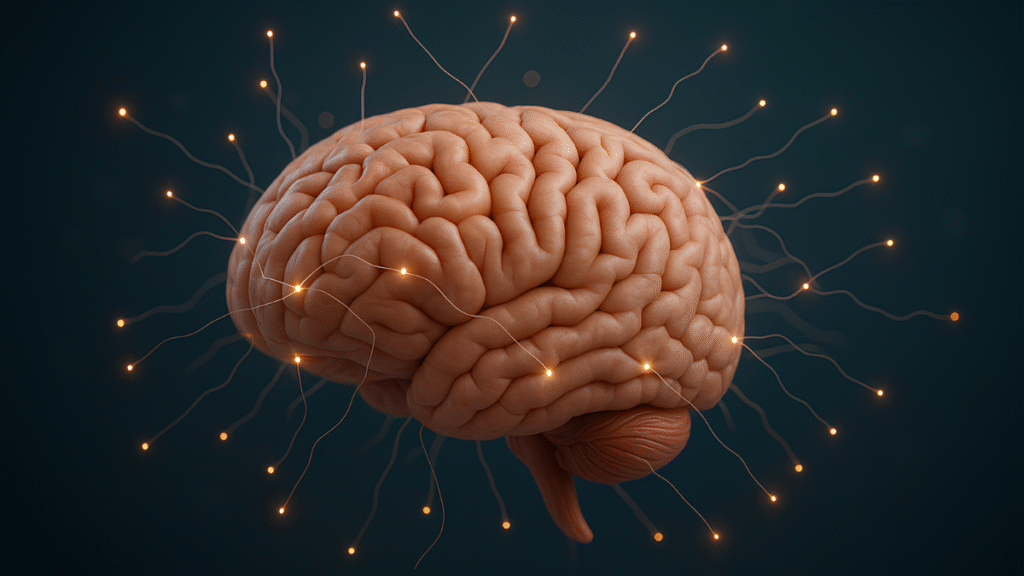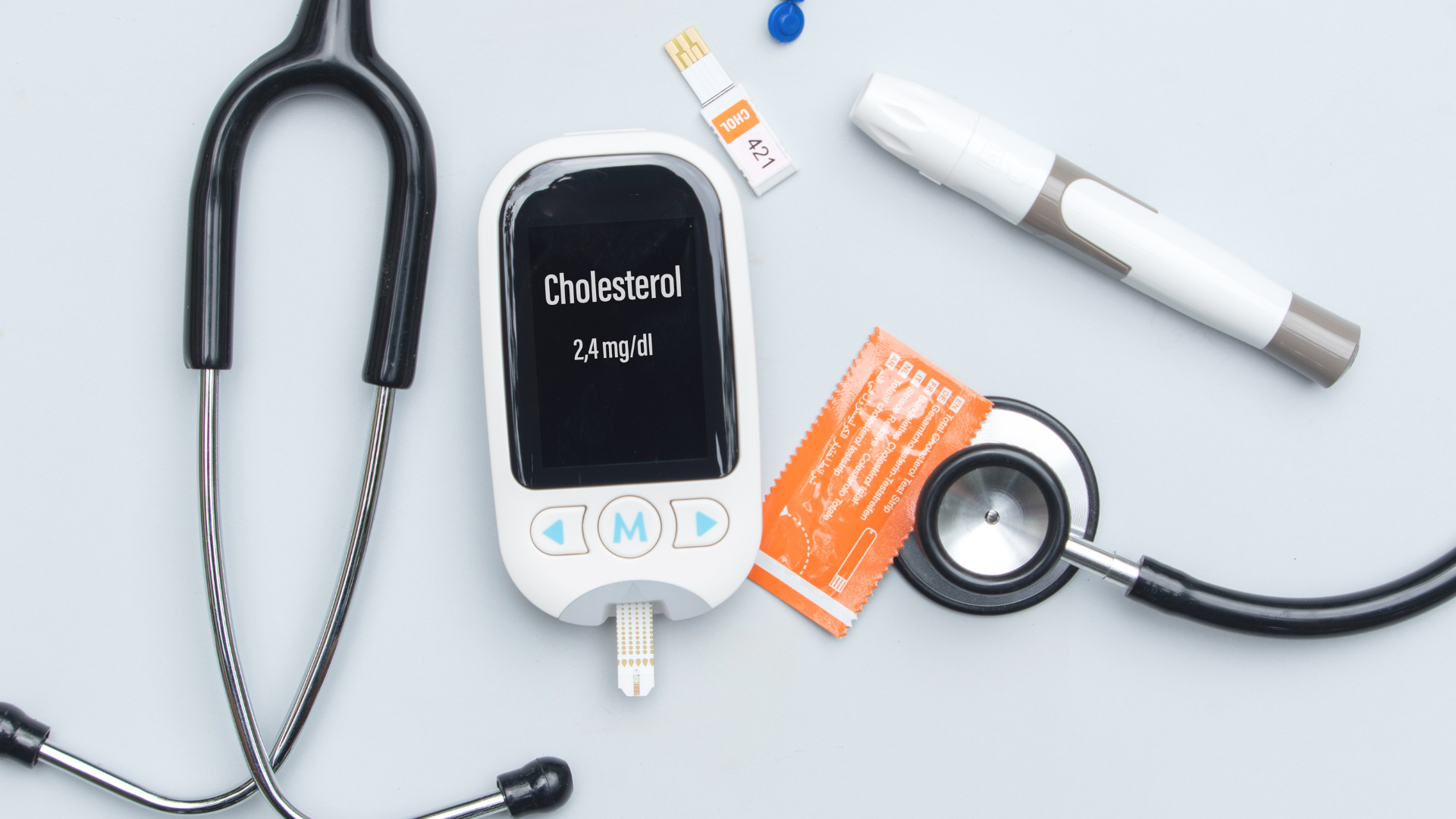Introduction
Menopause is not just a hormonal transition — it’s a full-body transformation that affects everything from metabolism and sleep to mood and mental health. While most women associate menopause with hot flashes or irregular cycles, few realize that it also deeply influences the gut–brain connection.
Emerging research shows that menopause can alter the gut microbiome — the trillions of bacteria living in your digestive system that play a crucial role in mood regulation, hormone balance, and immunity. When this delicate ecosystem becomes imbalanced, it can disrupt communication between the gut, brain, and hormones, leading to increased anxiety, depression, irritability, and mood swings.
This intricate relationship is known as the menopause–gut–brain axis, and understanding it may hold the key to better emotional well-being during this life stage.
Understanding the Menopause–Gut–Brain Axis
The gut–brain axis is the bi-directional communication network that connects your gut and brain through the vagus nerve, immune system, and hormonal pathways. It’s why emotional stress can upset your stomach — and why gut imbalances can influence your mood.
During menopause, this connection becomes more complex because hormonal changes affect both the brain’s neurotransmitters and the gut microbiota.
The Key Players:
- Estrogen and Progesterone:
These hormones help maintain a healthy balance of gut bacteria. When they drop during menopause, the composition of the microbiome shifts — often reducing beneficial bacteria. - The Gut Microbiome:
A healthy gut supports serotonin production (the “feel-good” neurotransmitter). In fact, about 90% of serotonin is made in the gut. When the microbiome becomes imbalanced, serotonin production can drop, leading to low mood, anxiety, and depression. - The Brain:
The brain receives constant feedback from the gut through neural, hormonal, and immune signals. Any gut imbalance — inflammation, nutrient malabsorption, or microbial changes — can disrupt mood-regulating chemicals in the brain.
Thus, during menopause, the hormonal decline doesn’t just affect reproductive health — it alters the gut-brain dialogue, influencing emotional stability and mental health.
How Menopause Alters the Gut Microbiome
Menopause brings about significant physiological changes that reshape the gut environment:
1. Declining Estrogen Reduces Beneficial Bacteria
Estrogen supports the growth of certain good bacteria like Lactobacillus and Bifidobacterium. When estrogen declines, these species decrease, allowing harmful bacteria to proliferate.
This imbalance, known as dysbiosis, can lead to inflammation, poor digestion, and mood-related issues.
2. Increased Gut Permeability (“Leaky Gut”)
Low estrogen levels can weaken the intestinal lining, making it more permeable. This condition allows toxins and inflammatory molecules to enter the bloodstream — triggering immune responses that affect brain chemistry and increase anxiety.
3. Inflammation and the Gut–Brain Feedback Loop
Inflammation caused by gut imbalance releases cytokines (inflammatory messengers) that can interfere with serotonin and dopamine signaling in the brain. The result? Depressive symptoms, low energy, and irritability.
4. Slower Digestion and Bloating
Hormonal changes slow down gut motility — leading to constipation or bloating. These physical discomforts can worsen mood and amplify feelings of stress or unease.
The Mental Health Impact: Anxiety, Depression, and Mood Swings
1. Anxiety During Menopause
The gut microbiome influences the brain’s stress response through cortisol regulation. When gut bacteria diversity decreases, cortisol levels can rise more easily and remain elevated longer.
High cortisol, combined with fluctuating estrogen, can lead to persistent anxiety, restlessness, and irritability.
2. Depression and Serotonin Deficiency
As estrogen declines, serotonin receptors in the brain become less responsive. At the same time, gut bacteria that help produce serotonin also diminish. This “double hit” often contributes to menopausal depression, brain fog, and loss of motivation.
3. Emotional Eating and Cravings
Microbial imbalances can drive cravings for sugar and processed foods — which further damage gut health and worsen mood instability. This creates a vicious cycle between poor gut health and emotional dysregulation.
Signs of a Gut–Brain Imbalance During Menopause
You may be experiencing an imbalance in your menopause–gut–brain axis if you notice:
- Persistent bloating or constipation
- Unexplained fatigue
- Increased anxiety or sadness
- Sugar or carb cravings
- Brain fog or poor concentration
- Frequent irritability
- Disturbed sleep patterns
If several of these symptoms sound familiar, your gut health may be influencing your emotional well-being more than you realize.
Restoring Balance: How to Support the Menopause–Gut–Brain Axis
The good news? You can support both your gut and mental health naturally with lifestyle, diet, and mindfulness strategies.
Here’s how:
1. Nourish the Gut Microbiome
Eat foods that feed beneficial bacteria:
- Prebiotics: Foods like garlic, onions, asparagus, and oats help beneficial bacteria thrive.
- Probiotics: Include yogurt, kefir, sauerkraut, kimchi, and fermented foods for live bacterial cultures.
- High-fiber foods: Vegetables, fruits, legumes, and whole grains improve digestion and feed good microbes.
Consider a high-quality probiotic supplement formulated for women over 40 to help restore bacterial diversity.
2. Reduce Inflammatory Foods
Limit refined sugar, processed foods, and alcohol, which can inflame the gut lining and disrupt microbial balance. Instead, focus on anti-inflammatory foods like fatty fish, olive oil, leafy greens, and berries.
3. Manage Stress and Cortisol Levels
Since stress directly impacts both gut bacteria and mood:
- Practice meditation or deep breathing to activate the relaxation response.
- Try gentle yoga or nature walks to calm the nervous system.
- Ensure adequate rest and consistent sleep patterns.
Mindfulness-based stress reduction not only lowers cortisol but also improves gut motility and microbial balance.
4. Stay Hydrated
Water supports digestion and helps flush toxins that may affect mood and energy levels. Aim for 2–3 liters a day, depending on your activity level.
5. Support Hormonal Health Naturally
Certain foods and herbs can support estrogen balance:
- Phytoestrogens (found in soy, flaxseeds, and chickpeas) can mimic mild estrogenic effects.
- Adaptogens like ashwagandha or maca root help regulate stress hormones.
- Magnesium and B vitamins support mood stability and energy production.
Always consult your healthcare provider before starting any supplements, especially if you’re on hormone therapy or medications.
6. Move Your Body
Exercise promotes gut health by increasing microbial diversity and boosting serotonin. Choose activities you enjoy — whether it’s dancing, swimming, walking, or Pilates. Even 30 minutes a day can have profound effects on your mood and digestion.
The Mind–Body Connection: Healing from Within
Your emotional health during menopause isn’t “just in your head.” It’s deeply connected to the ecosystem inside your gut. When you nurture your digestive health, you nurture your mind.
Balancing the menopause–gut–brain axis can help you:
- Reduce anxiety and mood swings
- Improve sleep and focus
- Enhance digestion and energy
- Cultivate overall well-being
By understanding this connection, women can approach menopause not as a breakdown, but as a breakthrough — a time to rebuild health from the inside out.
Conclusion
The menopause–gut–brain axis reveals how deeply interconnected our hormones, emotions, and microbiome are. As estrogen levels fall, the gut ecosystem shifts — impacting serotonin production, inflammation, and stress regulation. These changes can manifest as anxiety, depression, or emotional instability, even in women who’ve never experienced mood issues before.
Fortunately, with mindful lifestyle changes — nourishing your gut, managing stress, eating whole foods, and moving regularly — you can restore balance naturally.
By healing your gut, you can calm your mind and navigate menopause with greater clarity, confidence, and inner peace.
FAQs
1. Can menopause really affect gut health?
Yes. Hormonal fluctuations during menopause alter gut bacteria composition, digestion speed, and intestinal permeability, which can impact mood and immunity.
2. How does gut health affect anxiety and depression?
The gut produces neurotransmitters like serotonin and sends signals to the brain via the vagus nerve. When the gut microbiome is imbalanced, it can trigger inflammation and mood disorders.
3. What foods help improve gut health during menopause?
Probiotic-rich foods (like yogurt and kimchi), prebiotics (garlic, bananas, onions), and fiber-rich vegetables support gut balance.
4. Can probiotics help with menopause-related anxiety?
Some studies suggest that probiotics improve mood by restoring microbial diversity and reducing inflammation. However, results vary by individual.
5. How long does it take to rebalance the gut microbiome?
With consistent dietary and lifestyle changes, noticeable improvements in digestion and mood can occur within 4–8 weeks.





